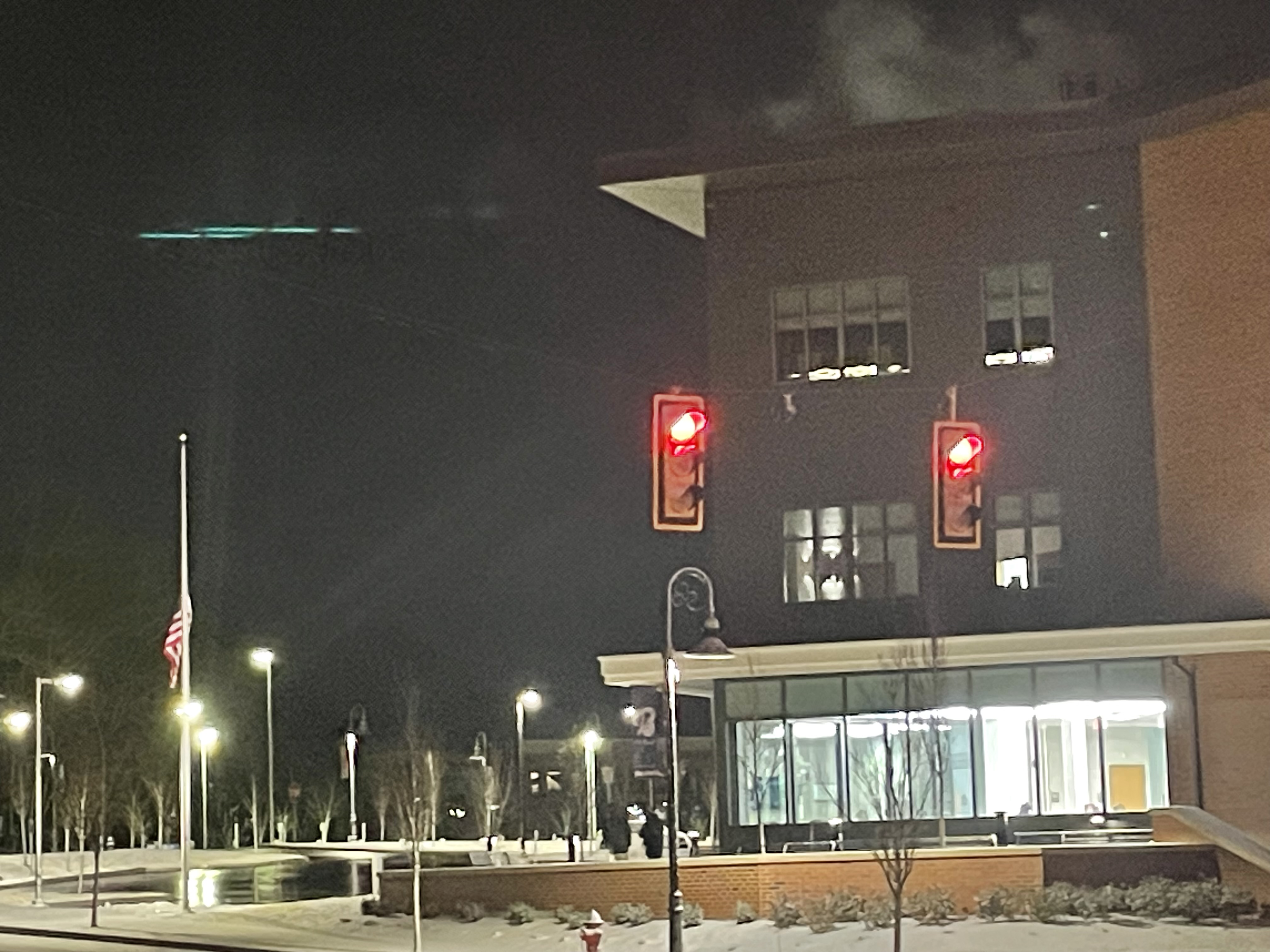Mystic Seaport Museum and Discovering Amistad are collaborating to bring anti-racism and social justice-related programming to the museum for the summer.
Because of COVID-19 event cancellations, the schooner Amistad will be stationed at the Mystic Seaport Museum from July to September. President and CEO of the museum, Stephen White, said that when he learned that the Amistad would be on their grounds, he thought it was the perfect opportunity to take action through education.
"Not just express our feelings, but to manifest those feelings in action at the museum," said White. "We need to take action. We need to raise awareness. We need to engage people in conversation."
The two organizations are in the early stages of planning, but White said that they are excited to partner in the effort. The partnership partially kicked off Friday, Juneteenth, as a Discovering Amistad educator stood alongside the boat to answer questions for any museum visitors.
“Discovering Amistad teaches students and adults about the history of racism in this country. In teaching this history, our organization also cites examples of the harm racism brings to all of us, and what steps we all need to take to reduce and eliminate it," Len Miller, chairman of Discovering Amistad, wrote in a statement.
"The recent hateful and horrific events make it imperative that we work together with Mystic Seaport Museum and others to begin an intensive effort to end racism in this country once and for all," Miller continued.
Local
In 1839, 53 South Africans were kidnapped, unlawfully sold into slavery and sent to Cuba. They were on their way to a sugar plantation, onboard the Amistad, when they revolted. Two days into what should have been a three or four-day journey, the Africans aboard rebelled and they were able to take control over the Amistad.
“When we say Amistad Africans, we are talking about 49 men, three little girls and a boy," said Adwoa Bandele-Asante, an educator with Discovering Amistad. "They were a part of the cargo. Freshly kidnapped humans. Even though at this time it was unlawful to go to Africa and kidnap fresh captives.”
When the Amistad entered the waters of the Long Island Sound, the U.S. Navy took it into custody and it was towed into the New London harbor. The people on board were jailed in New Haven and they had their first trials at the Old State House in Hartford. According to Bandele-Asante, they eventually won their case in court on the state and federal level.
“We start with the Amistad as a struggle for humanity. The Amistad Africans had to fight to be considered human," said Bandele-Asante.
As Black Americans across the country continue to fight for racial justice, Bandele-Asante said that people can learn a lot from the Amistad Africans.
“They have to be united on their purpose and their mission and not accept anything less than what they set out for which is truth and justice for all," said Bandele-Asante.



